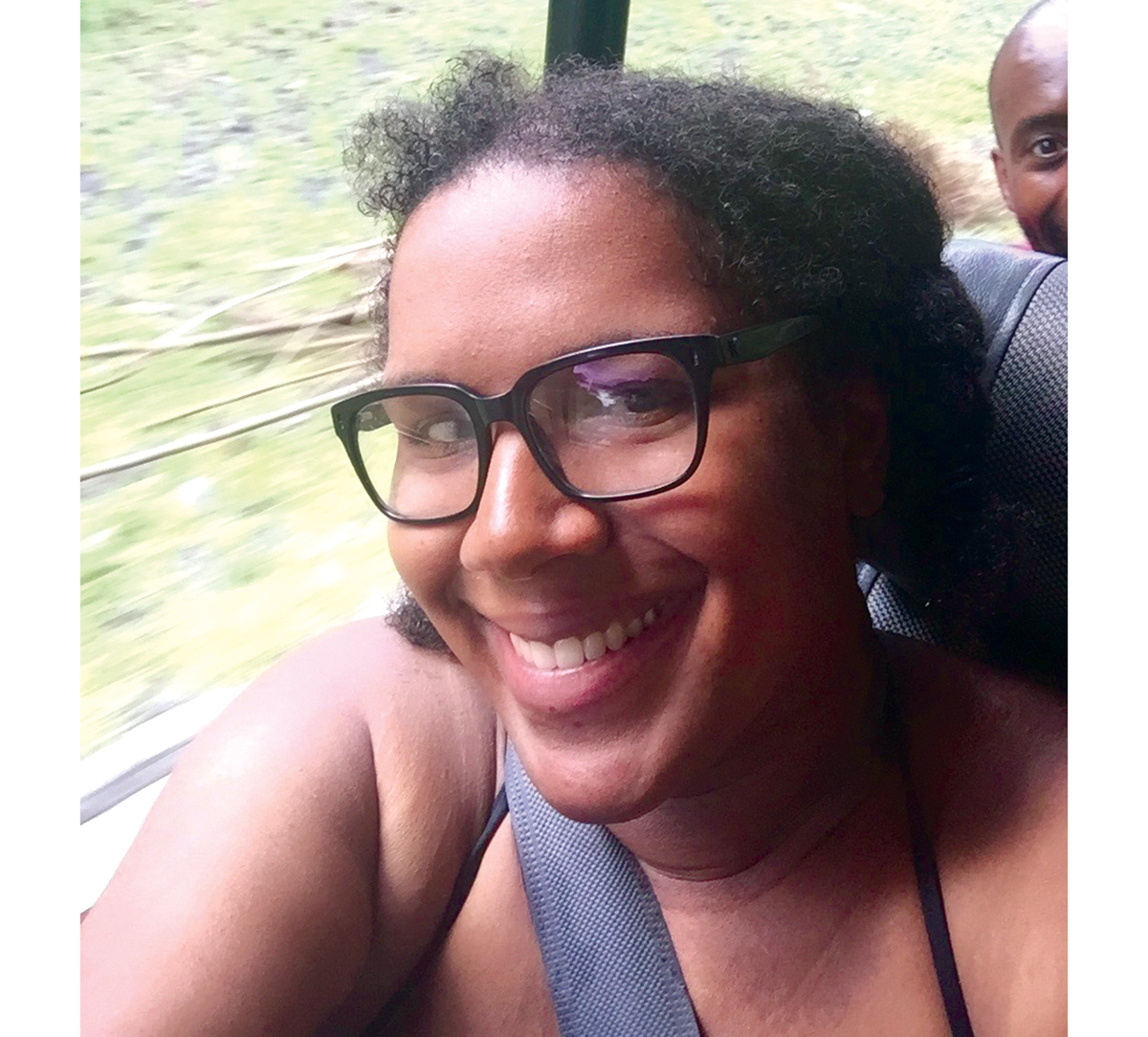
by Rachel Mallinga, Master’s Candidate, Department of Public Policy, Planning, and Management
Originally, I had intended to research land security and food sovereignty with rural peasant women. When I arrived in Managua, however, it became apparent from talking to representatives of farmworker unions which have numerous female members that I would need to narrow my focus to land security, because Nicaraguan women who obtain land obviously use it to support their families. Additionally, several years ago Law 717 was passed in the national assembly which promised the creation of low interest loans for women to purchase land. Because there was a law that supported women’s land purchases, I decided to focus on it.
The objective of my research was to find out what obstacles—economic, gender discrimination, and so on—prevent women from obtaining land. To study this, I examined how the Nicaraguan government, nonprofits, unions, and other entities support or advocate for women’s land security, what the significance of obtaining it is for rural peasant women, how some rural women have been able to obtain land, and other factors that relate to gender and land security.
I conducted preliminary research on land security, gender, and organizations that advocated for gender issues. I carried out preliminary research in the United States on women’s rights and gender issues, and on unions and cooperatives that supported and had women members. I also identified five nongovernmental organizations and unions that have women members, as well as gender advocacy groups and collectives. In Nicaragua, I interviewed more than twenty-nine women who are members of cooperatives, landowners, community organizers, staff and administrators of rural women’s advocacy groups, nonprofits, and union members. The organizations whose members I interviewed were:
• Association de Trabajadores del Campo (Association of Rural Workers, ATC) – An organization that supports union organizing and agricultural cooperatives in Nicaragua and throughout Latin America. They provide educational workshops on gender issues and agricultural methods.
• Coordinador de Mujeres Rurales (Coordinator of Rural Women, CMR) – Advocates for rural women’s rights through training on capacity building, advocacy for policies on women’s issues, and economic support for women.
• Federacion Agropercuaria de Cooperativas de Mujeres Productoras del Campo de Nicaragua (Farming Federation of Producing Women’s Cooperatives of the Nicaraguan Countryside, FEMUPROCAN) – Organizes ten cooperative unions of about 4,200 women to promote and provide resources for entrepreneurship for rural women.
• La Fem/Las Diosas – La Fem works with rural women’s coffee growing and producing collectives by providing training on production, using traditional indigenous farming techniques. Las Diosas is a cooperative that exports organically produced coffee internationally.
• Union Nacional Agropecuaria de Productores y Asociados (National Farming Union of Associated Producers, UNAPA) – Union of producers who promote food sovereignty, fair trade, and economic and social development.
I focused on four areas regarding land sovereignty: land security, the significance of owning land, obstacles these women face, and the support they receive. Additionally, I included any outside comments that were mentioned that contribute to the issue of land security.
Forty-one percent of the respondents said that being part of a cooperative helped them to secure land. “Women support women, we want each other to be successful. We pass information on what organizations help educate women on how to save and other support programs.”
Of the women I interviewed, 7 percent received land after working on a government-owned farm for a set number of years (seven to ten years), and 7 percent secured land because of their families’ support for participation in the Sandinista revolution, or from the support of the government.
Sixty-nine percent said that owning land was significant because having land ensured that they were able to feed their family and have the possibility to create a business selling surplus food. In addition, 25 percent of the respondents felt that land security led to entrepreneurial endeavors, for example, joining with other women to form cooperatives.
One of the women commented: “It can feed their family and [allow] exchange with others for other items [food]. Further down the way, a person can save and possibly open a small stall that they can sell goods to other in their community.”
Obstacles that women face regarding land security included the lack of accessible health care providers because of living in rural areas and the lack of capital to purchase land. A woman commented: “The government passes Law 717 giving hope to women that they will gain the means to purchase land. It was an empty promise and the government should start again with creating such a program and implementing a timeline.”
Women received support through unions and advocacy groups that provided information about their rights and social issues. Many women felt support from elders who help educate younger women on how to practice indigenous ways of farming.
Women I interviewed brought up sexual assault in their conversations, as well as the lack of police protection in rural areas. Most of the women I interviewed lived alone with children. One said, “If we call the police to report a crime they come very late. We are living in fear.” I was not able to gather information about whether this impacted land sovereignty, but it can be inferred that this impacts their lives and that many of them fear for their personal well-being.
I concluded from my interviews that peasant rural women in Nicaragua need capital though microloans or other forms of financial support that will not place them in debt. If women are able to secure land, this will lead to economic growth and stability for Nicaraguan families. If the government wishes to create policies like Law 717, they must implement a timeline for it to assure women have access to quality land and financial support.
—Rachel Mallinga received a 2015-16 CSWS Graduate Student Research Grant in support of this research. A Eugene transplant from Chicago, she is a graduate student in the Department of Planning, Public Policy, and Management in the Nonprofit Management Program.

